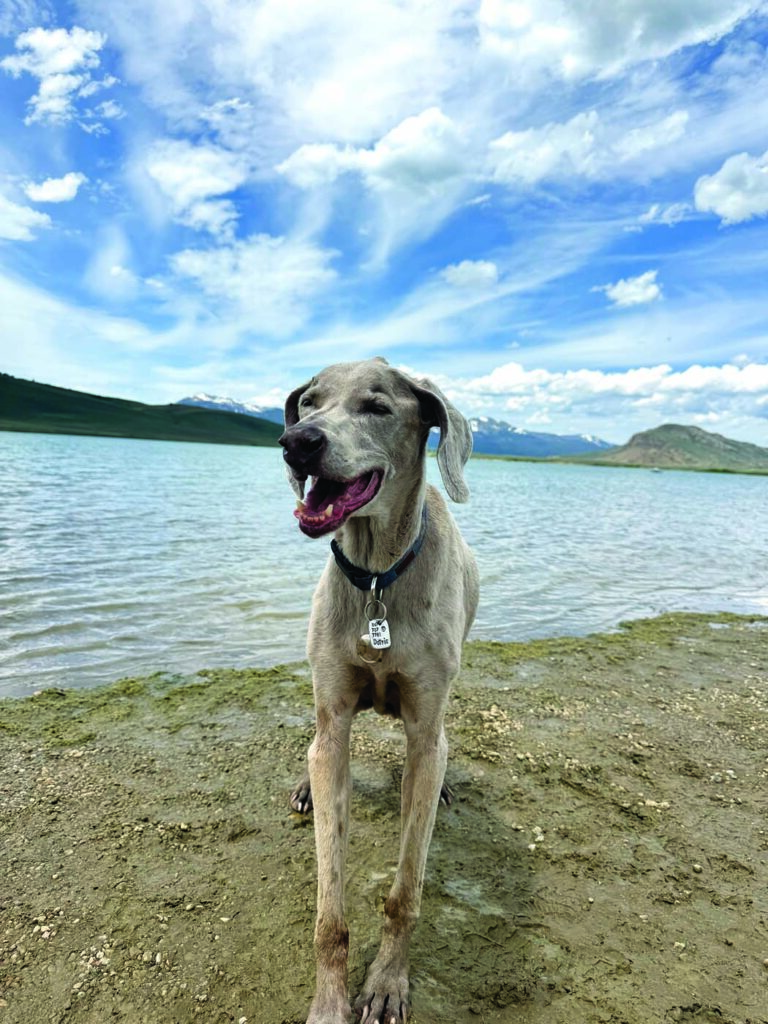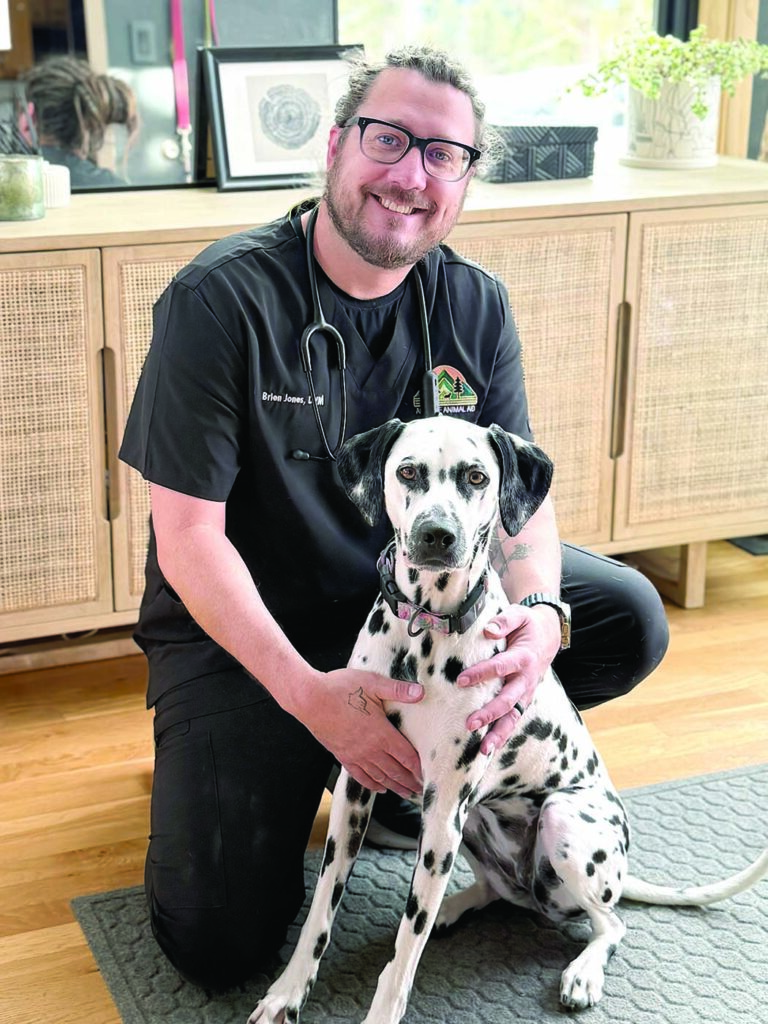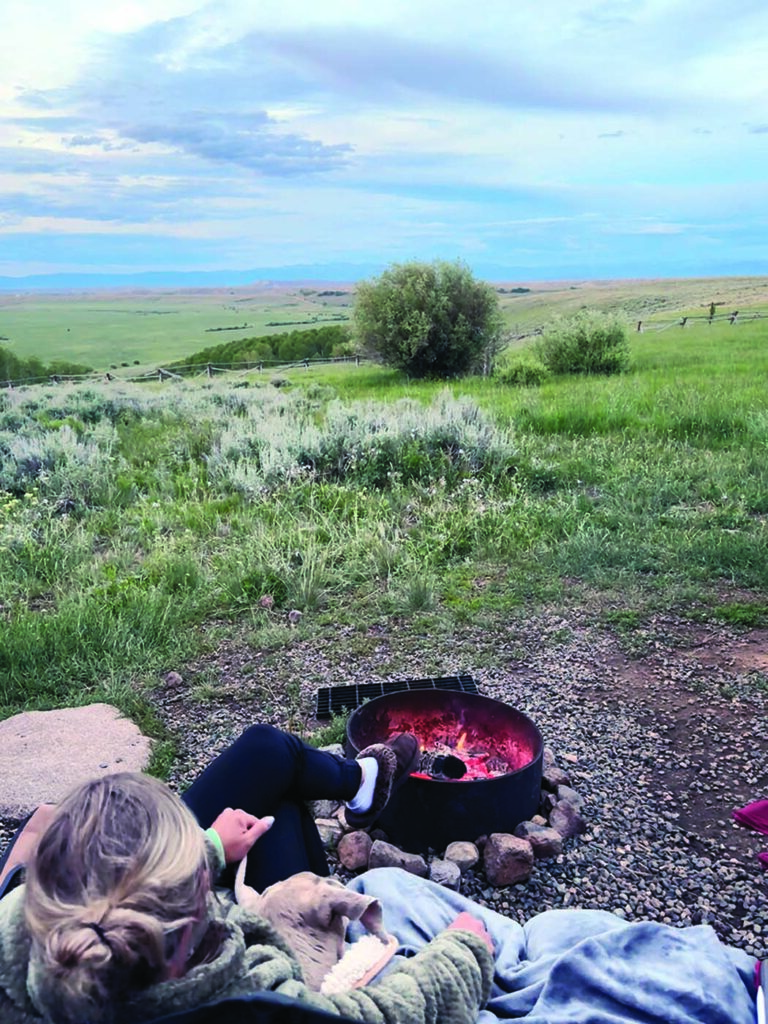My wife and I said goodbye to our sweet Dottie last summer. She was 16—a long life for a Weimaraner—and every bit of it was full of love, fun, and adventure. In her younger years, she could outhike all of us and never missed a chance to hide our car keys or steal a warm spot on the couch. In her later years, she slowed down, but her spirit never did.
Helping her through her golden years changed how we see aging in pets. Just because a dog grows old doesn’t mean their life is winding down. For many pets—and their people—these later years are filled with deeper connection, quiet routines, and a kind of trust that only grows with time.
With Dottie, we did everything we could to keep her comfortable and happy. Massage therapy, short walks, pain medication, physical rehab, toe grips for traction, and yoga mats to prevent slipping—small adjustments that made a big difference. There were challenges along the way, but each effort was deeply rewarding—especially when we were met with a wagging tail, a gentle prance, a roll in the grass, or a nudge for belly rubs. She was still herself, and those moments reminded us just how much life she still had to share.
We often talk about aging in terms of what’s lost—mobility, energy, sharpness—but we don’t talk enough about what remains: the bond, the personality, the quiet presence. Dottie may not have moved like she used to, but she still had so much to give. She still brought joy into our home every day.
If you’ve loved a senior pet, you know what I mean. The graying muzzle, the slower pace, the way they know your routines better than you do. And while it can be hard watching them age, it’s also a privilege—to care for them the way they’ve always cared for us. There’s a quiet beauty in that kind of devotion.
There’s a lot we can do to help senior pets age comfortably. It starts with noticing the small things: morning stiffness, hesitation on stairs, changes in appetite or behavior. These signs can often be supported—with pain relief, mobility aids, gentler routines, or even simple changes at home.
Aging doesn’t have to mean suffering. With the right awareness and support, pets can continue to enjoy life—on their terms. That might mean adjusting their food, providing softer bedding, or just creating time and space for slower, meaningful moments together.
And maybe that’s one of the greatest lessons our pets teach us as they age: to slow down, to savor the moment, to love a little deeper. To sit with them in the sun a little longer. To take the walk, even if it’s short.
Dottie gave us 16 years of unconditional love. Helping her age well is something I’ll always be grateful for.
If you have a senior pet and ever want to talk about ways to support them as they age, please feel free to give us a call—we’re always happy to chat. Altitude Animal Aid – Mobile Veterinary Services, 720-257-9790 [email protected], www.altitudeanimalaid.com









